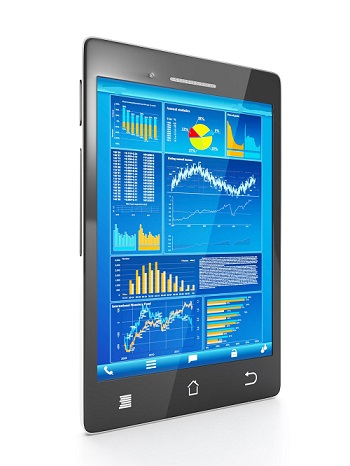The company has come up with an entirely new next generation approach to its retail shopping over smartphones.
Target has now announced the release of a range of all new enhancements to its mobile commerce experience, and it plans to implement them by the time that this month comes to a close.
Among the various features that will be introduced will included location based marketing while in store.
In order to build a new and improved mobile commerce shopping experience, Target has entered into a partnership with a startup called Curbside. It will be working with that company in order to be able to offer curbside pickup at any of 10 different stores in the San Francisco Bay area. This makes it possible for consumers to make a purchase at the online store or on their mobile device, and then they can pick it up in person without ever having to enter the actual shop location. They need only drive up to the tent or trailer that is located near the entrance of the store, where the order will already be ready for them.
This mobile commerce experience is not entirely unlike one that was recently introduced by Sears.
 According to the president of Omnichannel at Target, Casey Carl, “At Target, we are always looking for new ways to improve the shopping experience.” Carl added that “We’re excited to see how our Bay Area guests respond to the Curbside service, which provides an extremely convenient way for guests to get what they need on those days when every moment counts.”
According to the president of Omnichannel at Target, Casey Carl, “At Target, we are always looking for new ways to improve the shopping experience.” Carl added that “We’re excited to see how our Bay Area guests respond to the Curbside service, which provides an extremely convenient way for guests to get what they need on those days when every moment counts.”
The mobile app can be downloaded and used for free and it provides users with information about items that are in stock at the locations that are nearby. It also allows a customer to be able to create an order and then checkout with a single tap. Target says that there are hundreds of thousands of different items that they can purchase on the app and then pick them up at the location hat is most convenient for them.
This allows them to complete a mobile commerce experience, themselves, by shopping online but then picking up the order without ever having to find a parking space or get out of the car. The app includes a geolocation feature that will allow the store employees to know when the customer has arrived, so that they can bring the order to the vehicle nearly immediately upon arrival.

 The study also predicts that more than $2 billion in online shopping will be done by the end of 2016. Consumers are becoming more comfortable with the idea of mobile commerce and are beginning to shop online more frequently from their mobile devices. Consumers are also becoming more comfortable with digital assistants, applications that are designed to help consumers fill out their information on retail sites when purchasing products.
The study also predicts that more than $2 billion in online shopping will be done by the end of 2016. Consumers are becoming more comfortable with the idea of mobile commerce and are beginning to shop online more frequently from their mobile devices. Consumers are also becoming more comfortable with digital assistants, applications that are designed to help consumers fill out their information on retail sites when purchasing products.